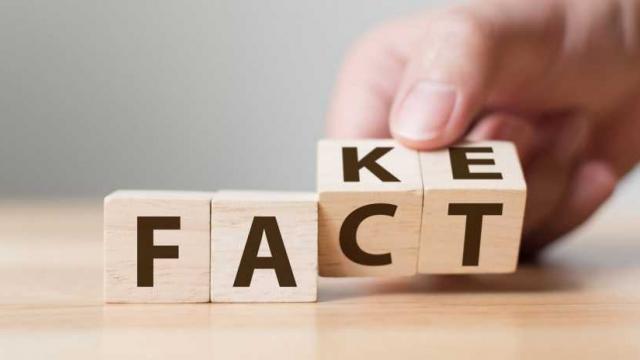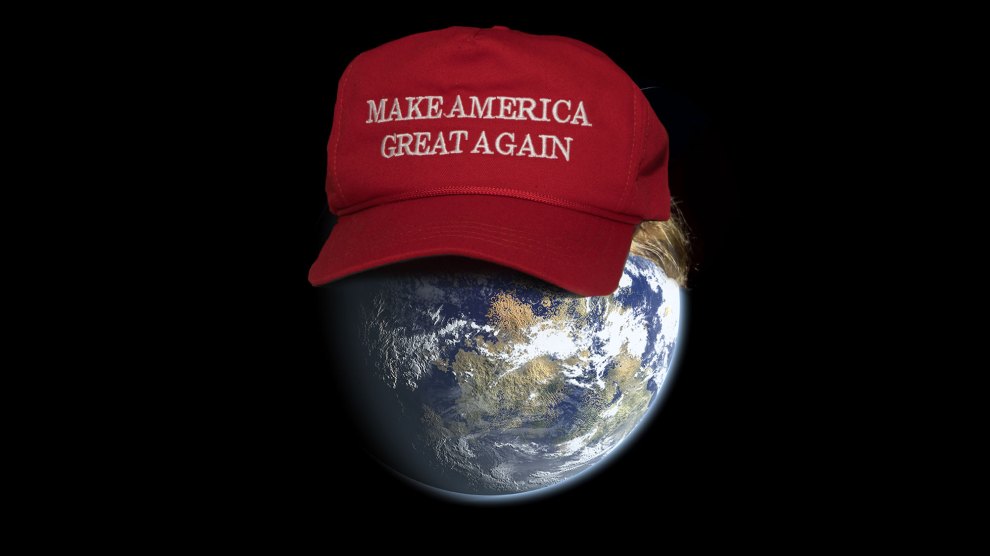
We all know about the curse of corporate money in politics. Earlier this month came a reminder about the dangers of corporate money in science.
On Sept. 13, Dr. José Baselga, a giant in the field of breast cancer, resigned as chief medical officer at New York’s Memorial Sloan Kettering Cancer Center, five days after ProPublica and The New York Times reported that he’d received millions of dollars from drug and device companies whose profits his research stood to influence.
He also sat on corporate boards that put his fiduciary responsibilities in conflict with his obligations to Sloan Kettering, the report said, and failed to disclose most of his outside income to journals that published his work, violating their rules. (He says the disclosure lapses were accidental.)
Dr. Baselga’s lapses underscore a long, lamentable history of corporate money poisoning scientific research that determines everything from the treatment of disease, to whether and how government regulates consumer products, to how we deal with climate change. Donald Trump is busy filling the swamp of Beltway political influence he promised to drain, but at least folks can see him doing it. Few pay much notice to the swamp of specious science bought and paid for by corporate interests, or the moats of disinformation defending those interests.
The Times/ProPublica story notes earlier instances of healthcare ethics succumbing to the seduction of corporate dollars. But it works in other fields, too. Witness how the soft drink industry bought research understating the health risks of sugar; how Big Tobacco stonewalledfor decades on the obvious links between smoking and cancer, and denied manipulating nicotine levels to addict customers; or how Big Oil sponsored “research” challenging the overwhelming scientific consensus on the causes and consequences of global warming.
Corporate duplicity is infuriating but there is a method to it. A thought experiment: Imagine you work for an industry whose profits require a broad consensus that the Earth is flat. It would be hard to argue against the evidence (these folks notwithstanding), but the official corporate-spin manual offers a few workarounds.
1) If you can’t refute the facts, muddy them enough to create doubt, pretending that the jury is still out or that the science isn’t “conclusive.”
This is a perennial favorite because scientific consensus is often inconclusive; science is always open to the possibility that even its most unassailable conclusions might be refuted. Two fascinating books, “The Merchants of Doubt” (2010) and “Doubt Is Their Product” (2008) explore this PR strategy and its consequences. That there is a whole genre of writing on this theme should tell you something.
2) While doubt clouds the water, you can also employ a bit of PR jujitsu, conceding there might be a problem but that you’re part of the solution.
Say, by sponsoring research into the health hazards of flat-earthism. Think of Big Tobacco’s “Truth Initiative,” which purports to discourage youth smoking but was in reality an industry concession stemming from the 1998 Master Settlement Agreement, not a public-spirited, public-health project. (A recent series of truth-extracting media ads about the hazards of smoking was court-ordered).
3) You can also try the false-equivalence play, saying let’s “teach the controversy” and let people decide for themselves what’s true and what’s not.
This is always a crowd pleaser among populist know-nothings, and it makes the round-earthers look narrow-minded when noting that there’s no controversy to teach.
4) If none of those work, there’s the nuclear option: vilifying the round-earthers as arrogant coastal elites who sniff at flat-earthers and ignore their own blind spots.
Once FOX starts barking about spheri-Nazis and the War on Flatness, you’re pretty much home free.
Yes, there are plenty of ways to get around overwhelming evidence. And even if the facts eventually catch up with you, every year of spinning, sophistry and obfuscation is an additional year’s earnings.
Huge vested interests often rest on untenable ideas that must be inoculated against facts, because an ideology must be indivisible or it’s no ideology at all. The reason Big Oil and Big Tobacco resist science is the same reason it took the Papacy 359 years to acknowledgethat Galileo was right, why the People’s Republic of Anywhere was loath to admit Party fallibility, and why Southern slaveholders couldn’t acknowledge that their black subjects weren’t actually subhuman. Give a little on this point or that, and pretty soon the whole model falls apart. That’s why powerful interests fight so viciously to defend their mythologies, and why corporate PR is often a game of deceit.
It’s easy to spot institutional duplicity when it exits the mouth of Sarah Huckabee Sanders or the splendidly reptilian Kellyanne Conway. But corporate lies, tarted up in the cloak of scientific research, are harder for average folks to identify, let alone challenge.
True to form, the Trump junta is complicating matters, dismissing science in favor of corporate interests not especially fond of inconvenient facts. When the goal is to bamboozle and exploit, facts are your enemy and confusion your friend. Funny how people so obsessed with “fake news” so easily embrace fake science.
Chris Gay is a veteran of financial journalism who writes from New York. Follow him @cgayNYC
















